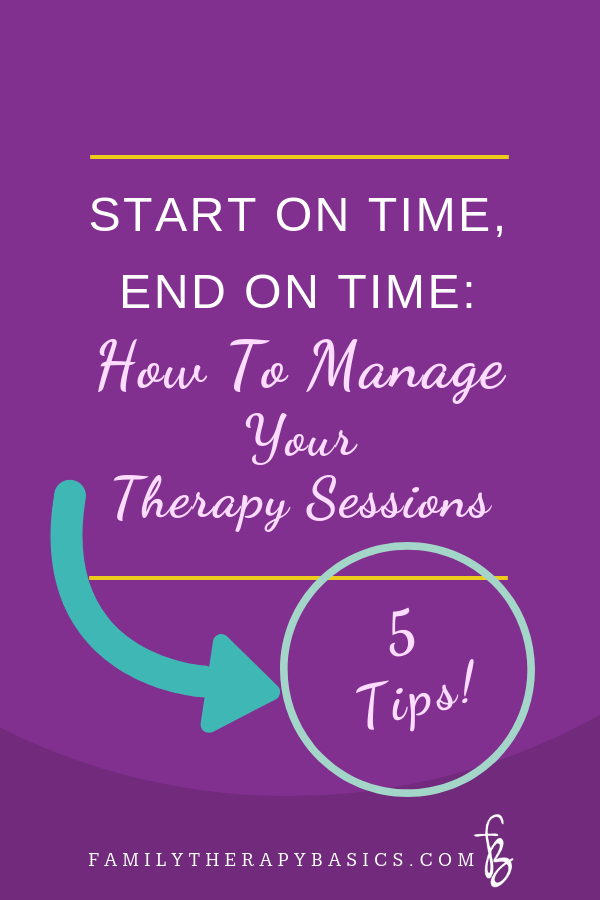Recently, I attended a Terry Real Couple Experiential. The Couple Experiential is a two-day couple therapeutic experience that involves five couples--each receiving therapy from Terry Real, in the presence of the other four couples, as well as therapist observers.
Terry works intensely, for at least one hour, with each couple throughout the two days. He also answers therapists’ questions two hours per day: during a lunch hour, and for one hour at the end of the couple therapy time.
I have been a fan of Terry’s work for years. His approach is systemic, intergenerational, and experiential. Add to these orientations the fact that Terry is a strong therapeutic presence, yet loving, and you get a mix that is irresistible, in my opinion.
I chose to attend the experiential out of curiosity, and also because I can never get enough of watching therapy done well.
Five Main Take-Aways from The Experiential
1 | Experiential moments are crucial
With each couple, there was a moment in the work when Terry moved one of the partners into an experiential exercise, inviting them to breathe, think about their past, speak to their inner child, or co-regulate with their partner, and more.
Watching, I understood that experiential moments in therapy are a pause, but also an emotional glue that binds together talking, insight, and systemic interventions. By sliding in and out of these moments, and using them in intuitive, rather than prescribed ways, Terry was teaching therapists to trust their training, clients, and what transpires moment to moment in therapy.
2 | Pausing and checking in are therapy
Frequently, Terry asked the client participants, “What’s it like to hear me say this right now?” This simple question accomplishes much:
It allows the client to tune into their emotional experience
It shifts the context of the session from the past, or the future, to right now
It offers an opportunity for the client to reflect on what’s transpiring between them and the therapist
It layers the session time to include cognitive, emotional, and experiential components
Of course, these strategies are not new. They have been used in systemic and couple work for decades; however, I find the pace and rhythm of Terry’s work to be unique.
3 | Sometimes, direct is best
If you have experience as a couple therapist, you’ve likely heard the tip: Couples expect quick change. We know, from research, that couples tend to deal with their problems for years before they seek therapy, and that they enter therapy in a weary state. As a result, couples tend to respond favorably to a direct therapist approach.
Being direct with clients takes finesse and expertise, because:
(The following tips are offered by my fellow attendee, Arielle Hobbs.)
It’s hard to hear the truth. Terry is masterful at delivering the hard truth in a kind and gentle way, even if the receiver(s) may not be ready to hear it.
Both partners have a role to play. In his work, Terry demonstrated how, even when it seems like there is an obvious “blatant and latent,” (which refers to the aggressive and passive roles in Terry’s theory, RLT) each person has a responsibility moving forward. The past should be forgotten, but in order to move forward both partners must make room for new levels of relational connection.
As a therapist, you can make major headway with your clients in just an hour with the right approach. The speed at which Terry gets down to the problem is wildly impressive!
4 | Using transference vs. using connection
I spoke with Terry during the workshop about his use of encouraging words to clients in his sessions. Specifically, there was a moment when he said something like, "I'm blown away by your courage," to a participant, and the participant was visibly touched. I wondered, to Terry, if this was motivated by "using transference" in order to create a connection or a corrective experience.
Terry clarified that he does not "use transference," because he doesn't rely on the psychoanalytical view of the phenomenon, but he is "parental."
This was the context I needed to understand that our clients do seek that from us--an "I'm proud of you" position, that lets them know we see their change and their effort.
5 | Tips for Attending
Because the experiential was offered over Zoom, it was easily accessible, and I found it convenient and comforting to be able to attend from home. If you choose to attend one, find a cozy spot in your home, and settle in!
In addition, I created a What’s App chat with a fellow attendee, in order to have someone with whom to process my thoughts and questions. Make sure to have a notebook, or note app available, because you will have questions!
Learn more about Terry Real’s Couple Experiential.
Notes:
I am not an affiliate for Terry Reals programs. I am simply sharing my experience and a worthwhile training.
For point #4, I am paraphrasing our conversation.
Arielle Hobbs, is a Mental Health Counselor Registered Intern in Florida. She and I connected in the Terry Real Facebook Group for therapists who’ve taken his trainings. Arielle contributed her main take-aways from the Couple Experiential to this post. Learn more about Arielle, on her practice website, St. Augustine Counseling.
Let’s Chat!
Are you a couple therapist, and/or familiar with Terry’s work? Let me know in the comments below!
Sign up to access a library of free downloads that will support your therapist work, here:














